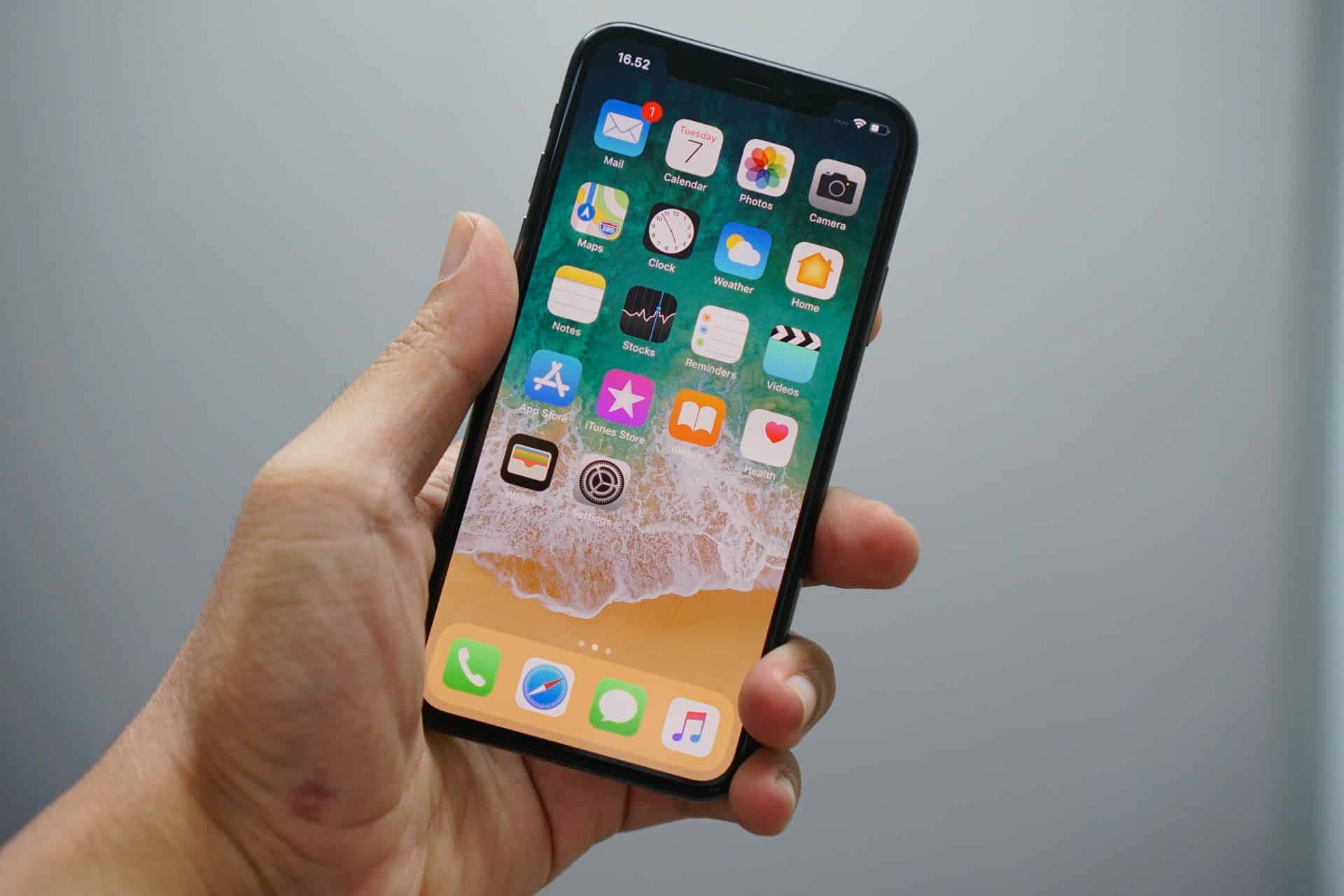Marketing on the internet can be executed in many different ways, and one specific iteration that’s especially vital for success is a mobile presence.
With a growing number of Americans relying on their smartphones or tablets to carry out daily tasks, the opportunity to be accessible via mobile screen can’t be ignored. And in the last few years, forward-thinking businesses have been leveraging technology to gain more and more customers via mobile.
If you’ve got your sights set on establishing a mobile presence for your business or organization, then chances are you’re looking at multiple routes that you can take. However, you need to make one very important decision before you carry out your plan: choosing between developing a mobile website or a mobile application.
All About Going Mobile
The process of cultivating a mobile presence for your business may sound simple, but it often isn’t the case. When it comes to choosing between developing a mobile website or application, matters can get quite confusing because of the possibilities both options present. Unfortunately, some decision-makers undermine the importance of knowing which option is best and fail to maximize their efforts.
Establishing a strong mobile presence is critical because it:
- Allows you to create a solution that applies to your target market
- Helps you minimize crucial, costly errors that may set your progress back
- Makes it easier to expect what must be accommodated and paid for
- Helps your business establish exactly what it needs once it enlists the services of an expert like Seisan Consulting, LLC to start the project
Choosing the Best Option for Your Organization
To understand which will work best for your company and its goals, you’ll need to understand the difference between mobile websites and applications. These options are entirely different from one another and have key features that may or may not work for your firm.
Mobile Websites
A mobile website is coded or developed to be displayed seamlessly and effectively for all dimensions commonly found on mobile screens. Like any website, it consists of browser-based HTML pages linked together and accessed over the Internet. This is generally done through mobile connections made available to phones or tablets—such as 3G, 4G, or Wi-Fi connectivity.
Beyond accommodating all screen dimensions, mobile websites also display text content, data, images, and video while allowing users to access mobile-specific features such as location-based mapping.
Many other advantages come with a fully optimized mobile website:
- Instant availability, as they don’t need to be downloaded in order for users to access them
- Immediate updating
- Compatibility across all kinds of devices
- Broader reach thanks to the higher rates of accessibility
Mobile Applications
Compared to a mobile website, mobile apps are accessed immediately from a phone’s home screen rather than being rendered within a browser. To get these apps, users must visit device-specific portals such as the App Store or Google Play Store and then install them on their phones.
With an app, users can pull content and data about a company, its products, or services from the internet. All of this information can be accessed with or without an Internet connection. A mobile app is tremendously advantageous because:
- It yields more interactivity compared to a website
- It’s best suited for regular users
- It allows businesses to send push notifications
- It doesn’t require an internet connection to work
Conclusion
When building a successful mobile presence to strengthen your digital marketing efforts, you can never go wrong with either a mobile application or mobile website. With this guide, you have the information you need to choose the right option for your needs. Soon, you’ll be raking in your target audience with ease.
Seisan Consulting, LLC is one of the highest-rated app development companies in America today. We can help you take your business to the next level. Get in touch with us to learn more about our services!




